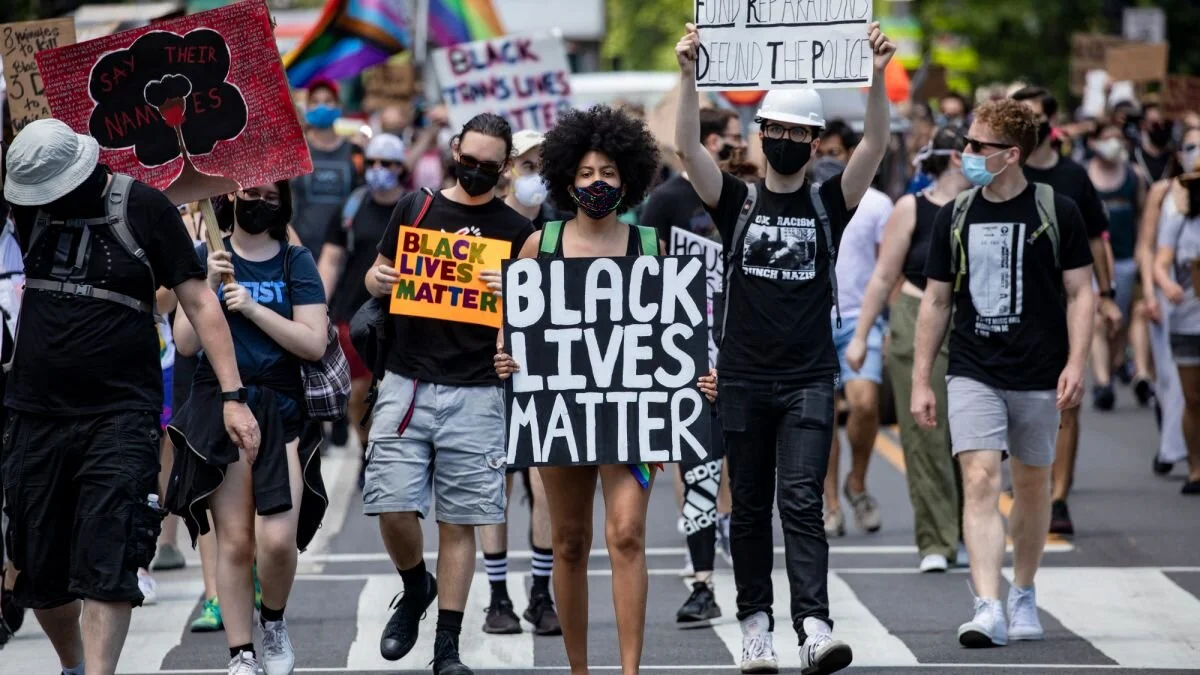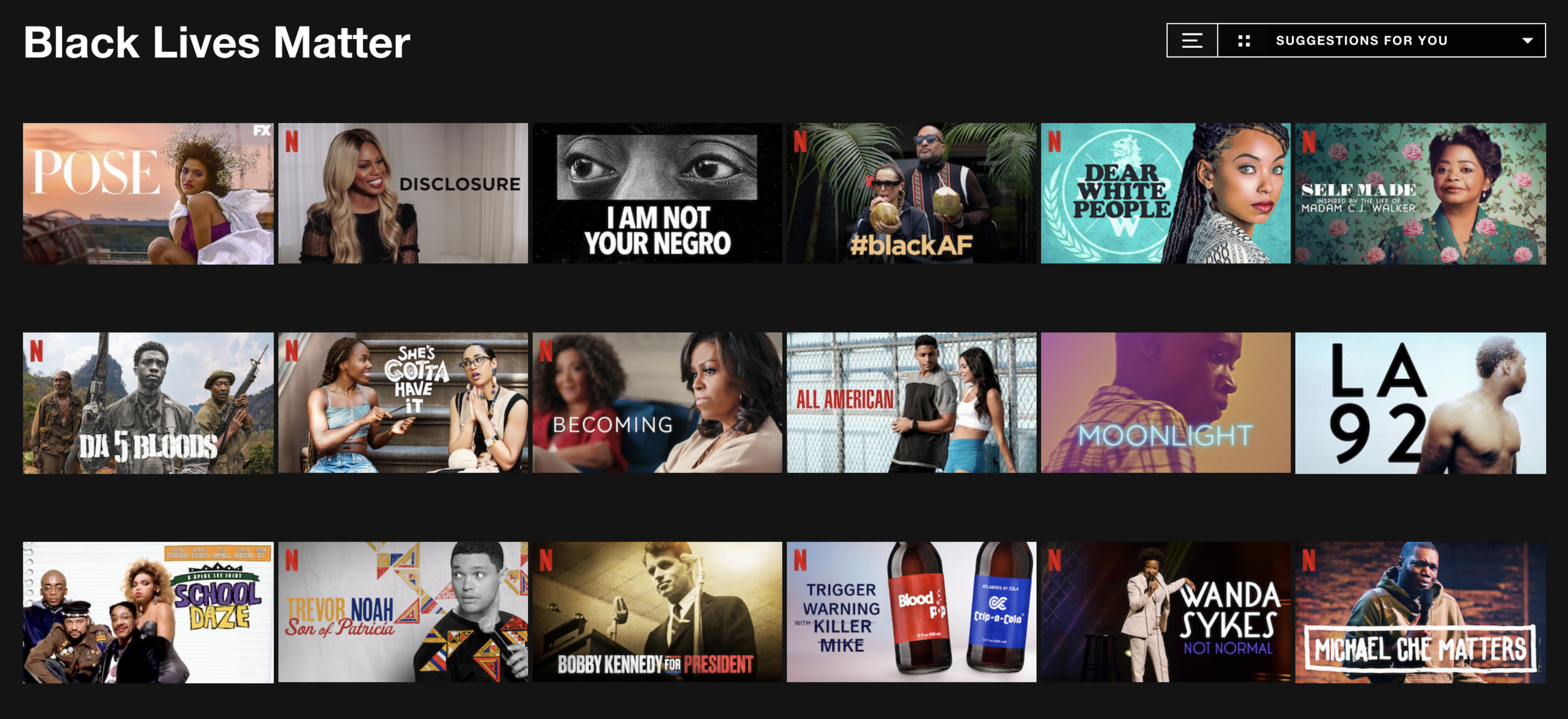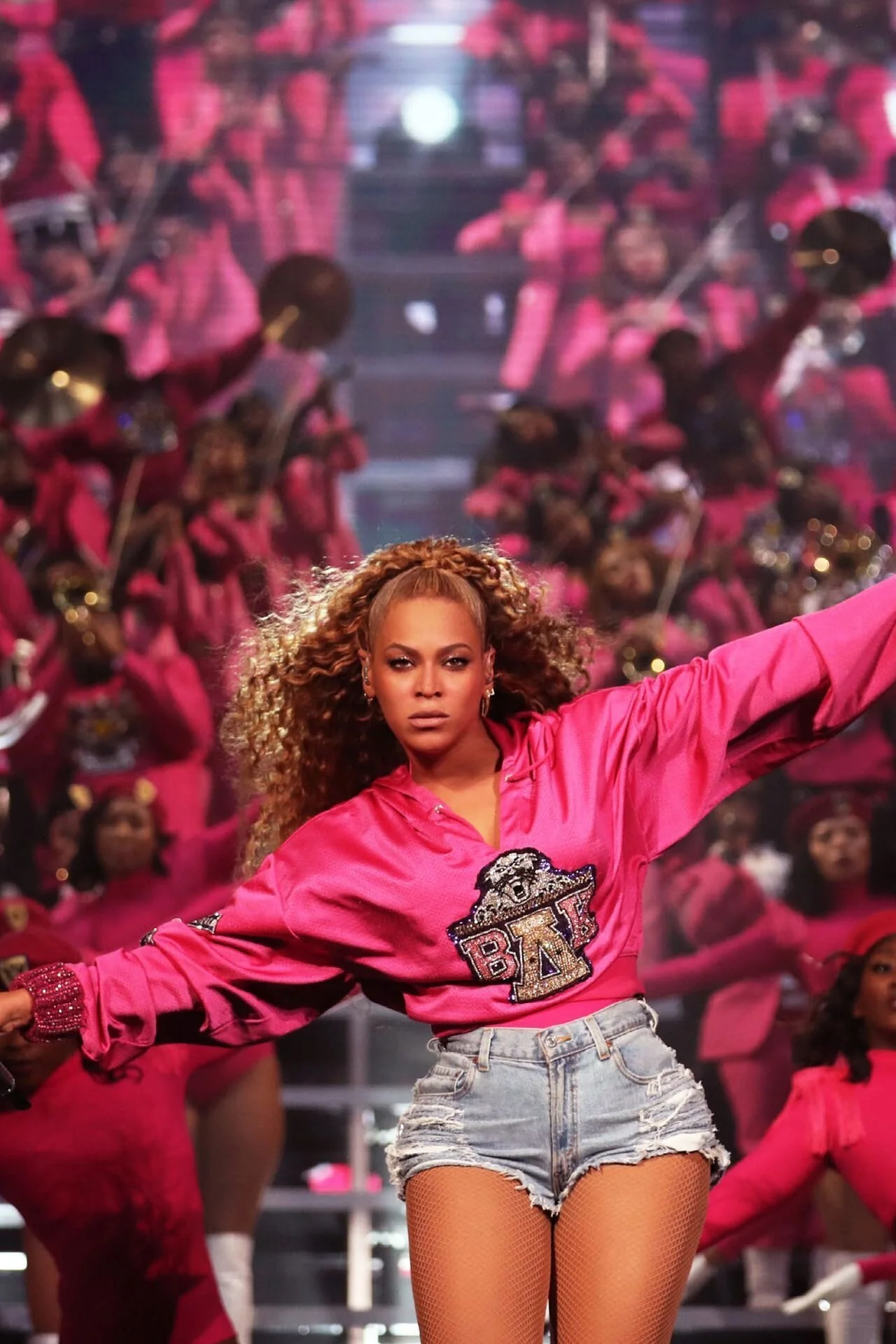Are Film Recommendation Lists Helpful to the Black Lives Matter Movement?
Hello! After a few months (or I guess many months) off, I am back up and running— now with a new name! Considering the chaos that has been 2020, I didn’t just want to jump back in with a random review and was thinking about how film can and should relate to everything going on. Here is part 1of what I came up with. Enjoy!
A few weeks back, Ava Duvernay responded to a tweet asking how she felt about viewers using her films to learn history:
“One of the things that saddens me about @13THFilm is folks watching and thinking “I’m done. I know everything I need to know.” It astonishes me. The intent, as I’ve said from the beginning, was for that work to be a primer. To instigate deeper inquiry. Many have. Many have not.”
This tweet was part of a conversation about the merits of Lin Manuel Miranda’s Hamilton in historical education; however, it awoke a question that has been tumbling around my brain for much of this summer. These past two months have put issues surrounding police brutality and the treatment of Black people in this country at the forefront of media attention. Since the murder of George Floyd and the protests that have followed, 13th has been on endless lists recommending media about the Black struggle. These lists have been widely shared as a way to spread awareness and encourage non-black Americans to self-educate. If you have not seen 13th, the documentary examines the history of the prison system in the United States and how the prison industrial complex has strong ties to slavery and has been used to subjugate Black Americans. The film is enlightening and potent and fits within the context of the protests. It’s a valuable part of the conversation and absolutely deserves the renewed attention it’s been getting. However; the prominence of 13th and other films centered around the Black experience in online conversations about the movement has lead me to question how and when we should integrate film/entertainment into activist movements. Why do our minds reach for media when we discuss social issues in the first place? Why are media recommendations the first thing we reach for when we talk to our white friends about social justice? Should we minimize the role of entertainment in activist spaces?
First, let me say that I believe that film can be a useful tool when it comes to activism. Film and TV have such a hold on our relationship to society that they can make big impacts when it comes to public opinion. That impact is not less important nor less effective than other aspects of activism. However, film’s role in societal change is not all encompassing— it’s actually pretty particular.
My thoughts on the question of film and activism have two paths.
Is every film about black people an outlet for the education of white and NBPOC?
Is it harmful to always include film in conversations of social justice?
For both of these questions I will be focusing mostly on popular film.
I’ll start with the first question. When scanning various Black film lists, Netflix sections and articles about “how you can help,” I often came across films that— though centering black people— aren’t necessarily relevant to the Black Lives Matter movement. Let’s take Netflix’s “Black Lives Matter” section as an example. The collection includes films and TV shows ranging from 13th and I am Not Your Negro to #BlackAF and Barry (both produced by Netflix). I take no problem with Netflix creating a Black Lives Matter Collection— as a primary source of entertainment for many people, having the collection as one of the first things you see when you open the website is a good way of elevating black voices in film. However, I do have a problem with the list’s the lack of cohesion. The content on the list is not all written/directed by Black filmmakers and though a majority of the content surrounds Black hardship and oppression, a few do not (most of which are Netflix originals)— making the majority seem more a reflection of what kinds of films are seen as “important” or “acclaimed” rather than a purposeful choice to focus on, say, police brutality. Another issue I have with this list is the fact that when you scroll past it those black voices seem to disappear as nearly all other sub genre sections solely include films that center white people. This indicates to me that the list is a temporary fix— a strategy to appear inclusive. This has nothing to do with the social justice and is far from connected to activism.
Most of the content included in the Black Lives Matter section are great— each could start a conversation that leads to further curiosity and learning. However, a problem occurs when those films are tasked with doing the work of combating white supremacy for corporations such as Netflix. Obviously, we should watch more Black films— diversity is and always has been a serious issue in the entertainment industry and expanding what we consume is essential; however, in order to achieve true inclusion, “diverse” films have to be just as integrated into the broader picture as white or hetero-normative media. Categorizing films under the phrase “Black Lives Matter” should be approached with intention. How does a collection of films relay Black Live Matter’s goals and values?
Let’s look at two films on this list: American Son (2019) and Homecoming (2019). American Son is an adaptation of the play of the same name in which an interracial couple waits in a police station after their son has gone missing. Homecoming, is a documentary/concert film of Beyoncé’s iconic 2018 Coachella performance. Both of these films explore interesting and important aspects of blackness. However, American Son and Homecoming inhabit two completely different parts of Black film and Black culture. Homecoming’s cultural importance within the Black community is undeniable. Besides the pure genius of the actual performance, Homecoming also strives not only to center Black American culture but to make Black people it’s chief audience digitally, despite Coachella’s overwhelmingly white crowd. But how does Homecoming directly relate the goals and issues faced by the movement to fight police violence against Black people? Homecoming is a celebration of Black people— not an argument for justice. Furthermore, has the film’s inclusion in the Black Lives Matter subsection actually exposed viewers to a new or otherwise unnoticed point of view? In my personal opinion, Beyoncé is not lacking any kind of platform. Netflix really doesn’t have to encourage me to watch Homecoming.
Beyoncé in Homecoming
Kerry Washington in American Son
American Son, on the other hand, directly and intentionally comments on Black people’s relationship with both law enforcement and whiteness (perhaps to the point where it can be a bit on the nose at times). The film is a conversation starter and brings up questions that can and should lead to, as Duvernay calls it, “deeper inquiry. Many would not naturally come across this film, so highlighting it under “Black Lives Matter” makes a lot of sense.
Not all films, of course, are so easily categorized as Homecoming and American Son. There are many films whose inclusion in such a list may need additional thought or framing. In fact, if someone were to make a list in which they contextualized Homecoming within the movement instead of just applying a generalized statement such as “When we say 'Black Lives Matter,' we also mean 'Black storytelling matters.'"
One last thing I’d like to note is that both of these films are Netflix Originals (as are almost 2/3 of the films on the list). This fact not only does shows that profit will always be Netflix’s first priority but also magnifies the lack of cohesion, giving me an image of an intern going through all of Netflix’s originals and just looking for Black (while also sprinkling some popular non-Netflix choices to mix it up a bit).
To come back to the original question: I don’t believe that every film centering Black people is an opportunity for the self-education of non-black people. You should watch both Homecoming and American Son. But that does not mean that the reasons you should watch them are the same.
This post ended up being pretty long so for now I’m going to leave it at that. Look out for part 2 where I’ll be looking at my second question: is it harmful to always include film in conversations of social justice?
Resources for supporting Black Lives Matter (donation links, educational material, petitions etc.)
See you soon,
Sofia






